Pakistan says top TTP commander killed in foiled border infiltration
Military says Amjad, deputy to TTP chief Noor Wali, carried a PKR 5 million bounty for his capture or death

Aamir Abbasi
Editor, Islamabad
Aamir; a journalist with 15 years of experience, working in Newspaper, TV and Digital Media. Worked in Field, covered Big Legal Constitutional and Political Events in Pakistan since 2009 with Pakistan’s Top Media Organizations. Graduate of Quaid I Azam University Islamabad.
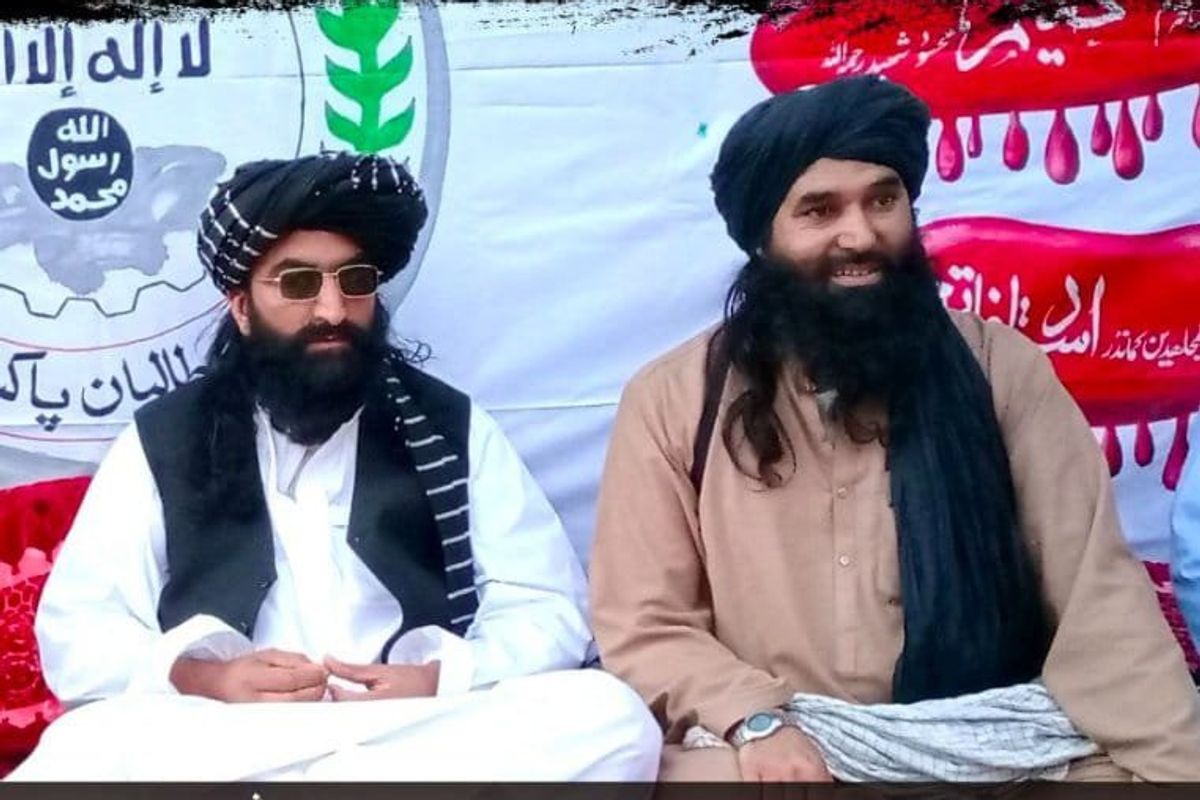
In this file photo, Qari Amjad (right) can be seen with TTP chief Noor Wali (left).
Courtesy: RFE/RL
Pakistani forces killed a senior Tehreek-e-Taliban Pakistan (TTP) commander — said to be the group’s deputy chief — during an attempted cross-border infiltration from Afghanistan into Bajaur, the army said Thursday.
The Inter-Services Public Relations (ISPR) said its troops detected a group of militants — described as khwarij, a term the military uses for TTP militants — moving near the Pakistan-Afghanistan border on the night of Oct. 29-30.
Four militants were killed in what ISPR called a “precise and skillful engagement.” Among them was a man identified as Qari Amjad, also known as Mazahim, who ISPR said was “deputy/second to Kharji Noor Wali,” the leader of the TTP.
ISPR said Amjad was also head of the Rehbari Shura of what it described as “Indian proxy Fitna al Khwarij.” The government had set a reward of PKR five million for his capture or death, according to the statement.
He was accused of orchestrating “numerous terrorist activities inside Pakistan while residing in Afghanistan.”
Amjad had been designated a Specially Designated Global Terrorist by the U.S. State Department in November 2022, according to U.S. Treasury sanctions records.
Pakistan has long accused the TTP — an umbrella organization separate from Afghanistan’s Taliban — of staging attacks from Afghan territory.
ISPR reiterated that the militant leadership, “while residing in Afghanistan is orchestrating infiltration attempts into Pakistan,” aiming to falsely portray a strong domestic network and boost morale among fighters in Bajaur and Mohmand.
Islamabad again urged the Taliban administration in Kabul to prevent Afghan soil from being used for attacks against Pakistan. ISPR said the latest incident “validates our stance that Afghan soil is continuously being used as a safe haven” by militants.
A sanitization operation is underway to clear any other Indian sponsored militants found in the area, ISPR added.
Who was Qari Amjad
Qari Amjad was widely viewed as the second most powerful commander in the Tehreek-e-Taliban Pakistan after Mufti Noor Wali Mehsud. Security officials said he played a central role in planning and carrying out major terrorist attacks across Pakistan’s northwest.
Also known by aliases Mufti Hazrat and Mufti Muzahim, Amjad sat on the TTP’s central shura. Officials described him as the architect of several deadly operations targeting security forces and civilians. They said he oversaw the group’s explosives program and its growing use of quadcopter drones to drop bombs on border posts.
Amjad was also accused of ordering attacks on girls’ schools and educational institutions in the tribal belt, a hallmark of the TTP’s hard-line ideology.
According to intelligence sources, he crossed into Bajaur about two weeks ago on direct instructions from Noor Wali to reorganize militant cells. He was tracked and killed in a precision operation by Pakistani forces.
Record of militant activity
• Linked to suicide bombings and improvised explosive device attacks in Khyber Pakhtunkhwa and the former FATA.
• Oversaw TTP’s drone units responsible for aerial bomb attacks on security positions.
• Directed operations against schools and civilian infrastructure.
• Trained and deployed fighters for cross-border infiltration and ambush missions.
Strategic impact
Security analysts say his death is among the most significant setbacks to the TTP’s leadership in recent years. With the group’s No. 2 removed, coordination between its networks in Bajaur, Swat, and North Waziristan is expected to be disrupted.
Officials said the operation reflects Pakistan’s continued reliance on intelligence-led counterterrorism and underscores the state’s “zero tolerance” approach toward groups threatening national security.
They said the successful strike highlights strong coordination among intelligence agencies and the ability of special forces to neutralize high-value targets in the western border region.
Rise in militant violence
Pakistan has seen a rise in militant violence in Balochistan and Khyber Pakhtunkhwa provinces, where separatist groups and TTP-affiliated factions operate.
The operation comes as Pakistan and Afghanistan’s Taliban government agreed to resume peace talks in Istanbul after a brief breakdown earlier this week, diplomatic sources said.
Pakistan chose to extend its stay in Istanbul “to give peace another chance,” said one source, who requested anonymity due to the sensitivity of negotiations.
Both sides will continue discussions on Pakistan’s “core concern” that Afghan soil must not be used for terrorism against Pakistan, the source said.
Previous discussions in Doha led to a temporary ceasefire, but Pakistan said Wednesday the efforts “failed to bring about a workable solution,” warning it would act to protect its citizens after deadly border clashes.
More than 70 people have been killed and hundreds injured this month following explosions in Kabul on Oct. 9, which Taliban officials blamed on Pakistan. The violence escalated as Taliban forces launched retaliatory fire along the border, prompting Pakistan to carry out air and artillery strikes.
Relations between the neighbors — who share a 2,600-kilometer (1,600-mile) frontier — have deteriorated sharply.
Defense Minister Khawaja Asif, responding to the breakdown in talks on Wednesday, warned that Pakistan would not tolerate “terrorist or suicide attacks” launched from across the border.
In remarks referencing the 2001 U.S. campaign in Afghanistan, Asif suggested the Taliban could again be pushed into mountain hideouts if tensions escalate.
Turkey and Qatar are mediating the Istanbul talks in an effort to contain what has become some of the most violent cross-border exchanges in years.



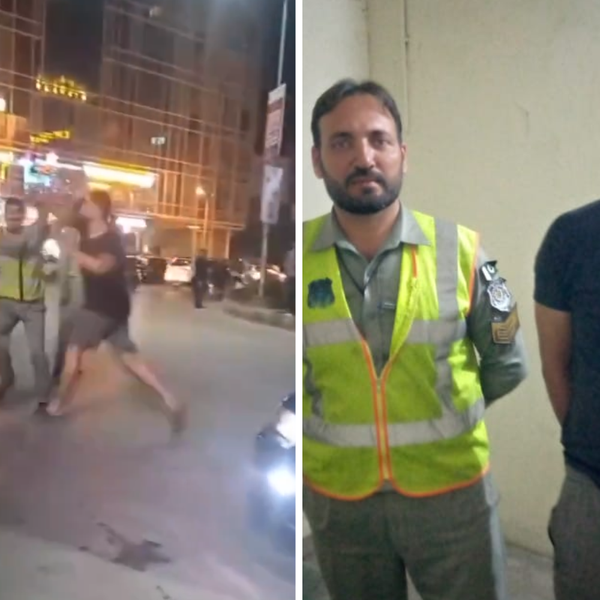
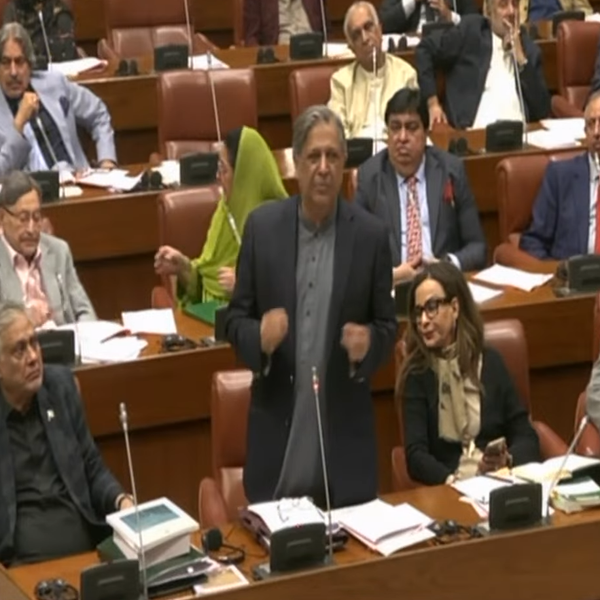
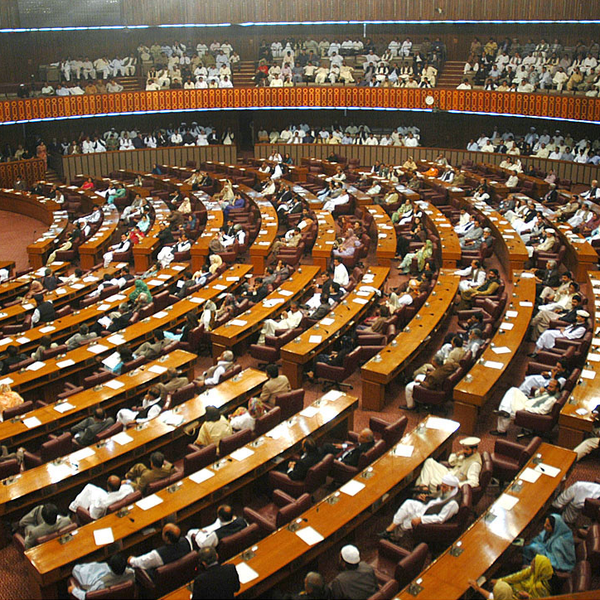

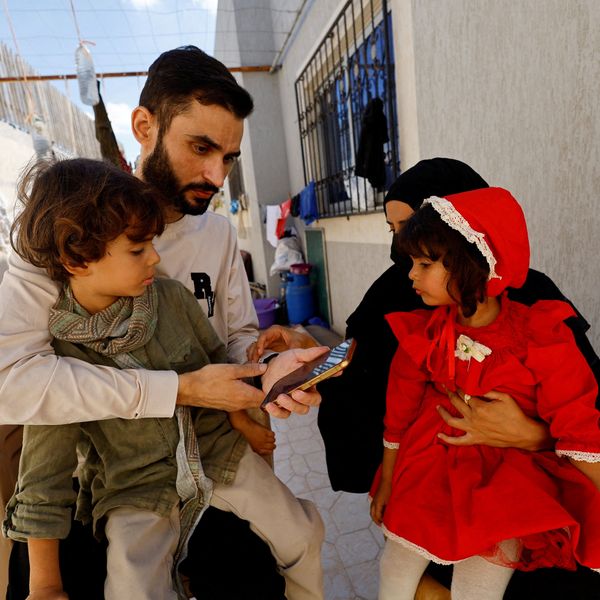
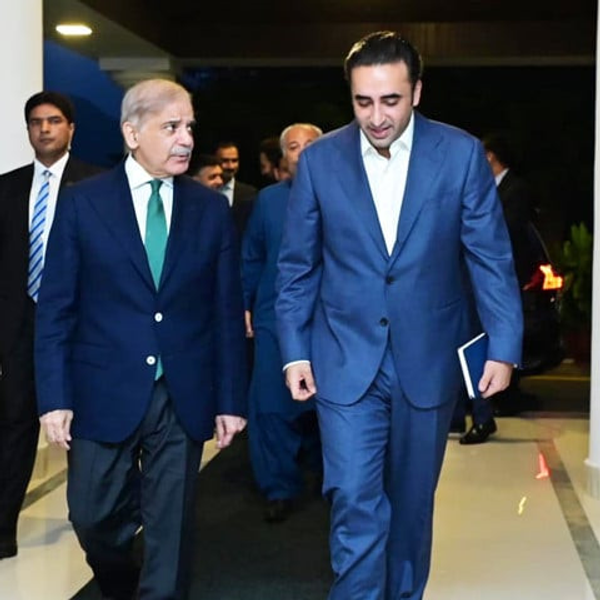

Comments
See what people are discussing